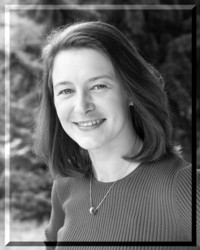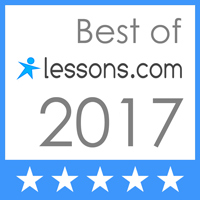
ELLIE SELIGMANN Private Piano Teacher
Phone: (303) 564-3099
musicstudio4032 @ gmail.com
ONLINE LESSONS ALSO AVAILABLE!
musicstudio4032 @ gmail.com
ONLINE LESSONS ALSO AVAILABLE!
